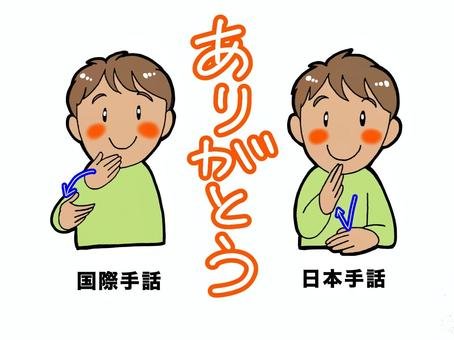
Learning a new language starts with the basics—like greetings! If you're wondering how are you in Japanese language, you’re already on the right path. Knowing how to greet and ask how someone is doing is key to daily conversation and cultural connection. In this blog, we’ll explore different ways to say how are you, both formally and casually, and show you how to practice these phrases easily online.
Let’s dive into simple and polite expressions, cultural tips, and where to learn more with Team Language Services, your go-to platform for mastering Japanese.
The most commonly used phrase to ask how are you in Japanese language is:
This means “Are you well?” It’s polite, respectful, and perfect for formal or first-time conversations.
Whether you're speaking to a friend or writing a letter, this phrase is a good starting point.
To understand how to express kindness and politeness in conversations, explore our detailed explanation on how to give and receive in Japanese using the correct verbs and context.
If you're looking to say hello, how are you in Japanese language, here are some great combinations:
These are great for both casual chats and formal settings. Remember, Japanese speakers often say “hello” first before asking how someone is doing.
Want to greet a group? Say:
This means “How are you all?” and is often used when addressing a classroom, team, or audience.
Planning to study in Japan? Check out the 6 Best Japanese Language Institutes in Japan to kickstart your learning journey.

Interestingly, asking how are you isn’t as routine in Japanese as it is in English. It’s typically used:
Most daily greetings simply use phrases like:
Still, it’s helpful to know how to say it when the context calls for it.
New to Japanese? Follow our Step-by-Step Guide to Learn Japanese from Zero to Fluent and start your language journey with confidence.
Want to go beyond just greetings? Whether you're a beginner or preparing for the JLPT, Team Language Services offers expert-led Japanese language programs. With interactive classes, native trainers, and a proven curriculum, you'll:
Learn real-life Japanese faster
Improve pronunciation and fluency
Get personalized feedback and support
Master JLPT levels from N5 to N1
Join Team Language Services today and start speaking Japanese with confidence!

Mastering Japanese greetings also requires a solid grasp of grammar—boost your accuracy with this complete guide to Japanese particles to form natural, fluent sentences.
Q1: What’s the standard way to ask how are you in Japanese?
A: It’s お元気ですか? (O-genki desu ka?)
Q2: How do I say hi how are you in Japanese language casually?
A: Use やあ、元気? (Yā, genki?)
Q3: Is it common to say how are you in Japan?
A: It’s not as common in daily talk. People usually greet with a simple hello unless it’s been a while.
Q4: How do I say how are you all in Japanese language?
A: Say 皆さん、お元気ですか? (Minasan, o-genki desu ka?)
Q5: Where can I learn more conversational Japanese online?
A: Team Language Services offers top-rated Japanese courses for beginners and advanced learners.
Want a clear roadmap? Discover the 10 Simple Steps to Learn Japanese Language and make your learning process easier and more effective.
Mastering greetings like how are you in Japanese language is a smart and polite way to begin conversations. Whether you’re using お元気ですか? in formal settings or 元気? with friends, these expressions open doors to deeper cultural understanding. For those eager to take their skills further, Team Language Services is your perfect learning partner.
Ready to impress your Japanese friends or ace your JLPT exam? Start learning with Team Language Services today!